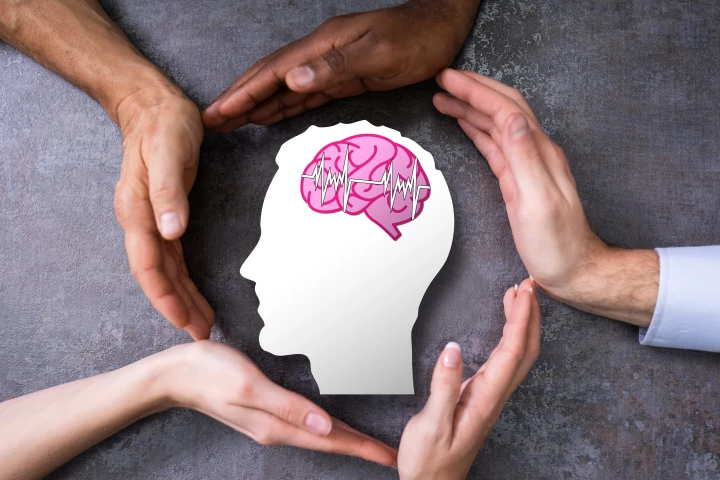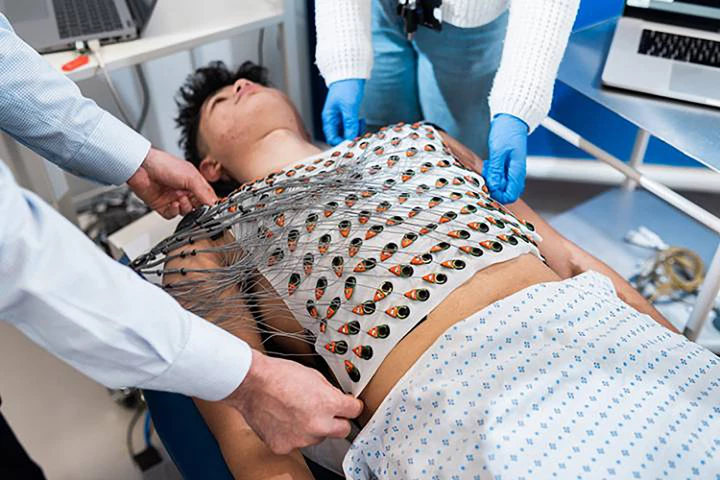MRI
-
In a new study, researchers discovered that the human brain has four pivotal periods when it goes through marked changes, sparking five "epochs" that last for years. The adolescent phase, for example, was found to extend into our early 30s.
-
Scientists have identified a significant link between levels of choline and the prevalence of anxiety, suggesting that upping intake of this essential nutrient found in many foods could potentially improve symptoms of these debilitating disorders.
-
Soccer heading has long been suspected of impacting brain health, but where and how it leaves a mark has been a blind spot. Now, for the first time, scientists have a clear picture of the damage and why repeated impacts can impair cognition over time.
-
A new study significantly strengthens the case that attention-deficit/hyperactivity disorder brains are structurally unique, thanks to a new scanning technique known as traveling-subject method. It isn't down to new technology – but better use of it.
-
The world’s most powerful MRI machine has scanned its first living human brains. The resulting images give an ultra high resolution glimpse into the brain, to help us better understand the nature of consciousness and treat neurodegenerative diseases.
-
Researchers have identified an accurate ‘signature’ that may signal a person’s risk of dementia five to 10 years before symptoms appear. The biomarker could provide an early diagnosis, allowing therapeutic interventions to slow the disease’s progress.
-
Researchers have developed a reusable ECG vest that takes high-resolution images of the heart's electrical activity that can better identify people at risk of future heart problems and could pave the way for more personalized treatment of heart disease.
-
Researchers have scanned the brains of adolescents with OCD while they performed decision-making tasks and identified the specific areas affected by the condition. It opens the door to more targeted treatment for the condition.
-
For the first time, through brain scans, assessments and therapies, researchers have identified a subtype of depression that features more pronounced cognitive dysregulation, with common treatment missing the mark on combatting debilitating symptoms.
-
Surgery to remove brain tumors comes with risks, one being that it may cause damage to the surrounding tissues. Researchers have found that biomarkers found in the blood are a useful new tool for tracking brain tissue damage on a cellular level.
-
Nearly 40 years in the making, scientists have supersized magnetic resonance imaging to produce never-before-seen detail of a brain. They believe this mouse model will pave the way for similar human imaging for a crucial view into how our brains age.
-
A study has shed important light on migraine development by leveraging cutting-edge imaging technology to gain a new perspective on structures in the brain, which revealed enlarged spaces around the blood vessels in people suffering the condition.
Load More











